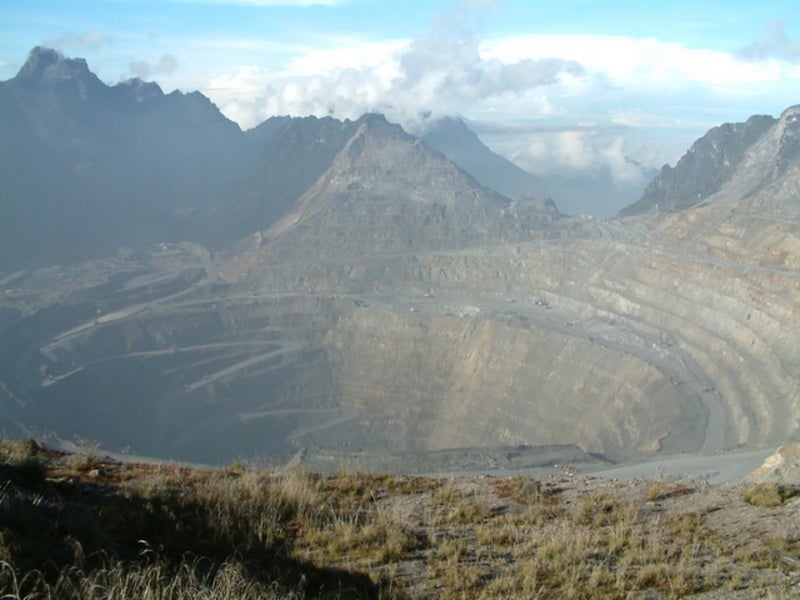
Indonesia has announced plans to cut the use of mercury in industries such as mining and manufacturing due to the metal’s toxicity and risk to human health.
The national government has introduced regulations to eliminate the use of mercury in artisanal and small-scale gold mining (ASGM) by 2025. Mercury is often used by artisanal miners as a cheap and effective way of extracting small pieces of gold from sediment, a process where the liquid metal is mixed with sediment containing gold and then evaporated off, leaving behind gold.
However, this process exposes miners to both liquid and gaseous mercury, which can corrode the skin upon contact or damage the nervous system upon inhalation respectively. Those not directly involved in mining are also at risk, with families of miners likely to inhale mercury emissions from gold processing facilities, meaning the metal poses a risk to human health beyond those directly involved in its usage.
The Intergovernmental Forum on Mining, Minerals, Metals and Sustainable Development (IGF) reported in a 2017 study that Indonesia was among the countries with the largest number of people at risk from mercury mining. Up to 150,000 people were considered at risk from exposure to mercury.
Indonesia is pushing for more effective coordination between government departments to improve monitoring of mercury usage in the country, and plans to invest in education programmes to inform businesses and communities about the dangers of the metal.
The project furthers Indonesia’s commitment to eradicating mercury in mining, following its signature of the UN’s Minamata Convention on Mercury in 2013. In 2017, the state was one of the first countries to ratify the agreement, which sets out an international project to reduce mercury usage in ASGM. Both the UN and Indonesia are eager to eliminate this health risk, which disproportionally affects those of lower incomes who are unable to find work in licenced mines, and are forced to turn to illegal operations to make a living.
While the use of the metal in mining is officially banned, its importance in the growing artisanal gold mining sector means its use is still widespread, prompting the government to take these additional steps to limit its usage.
“Despite the country having ratified the Minamata Convention and developed a NAP [national action plan], the supply of mercury has actually increased in Indonesia through the domestic production of mercury from cinnabar mining,” wrote the IGF in its report. “This new source has made the substance even cheaper for ASGM operators all over the country.”


